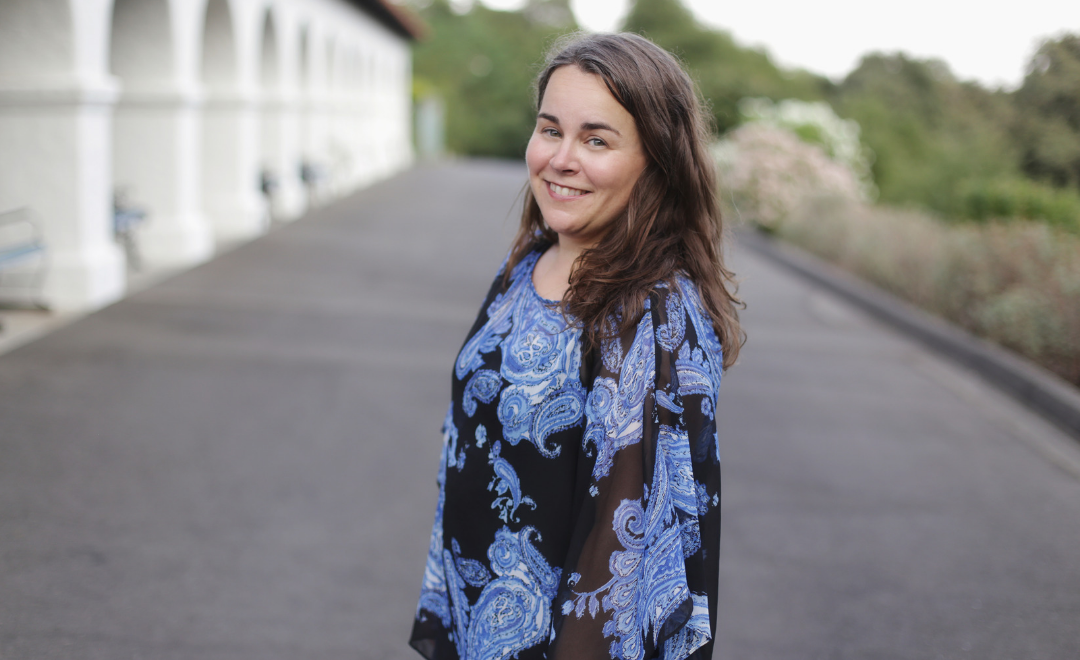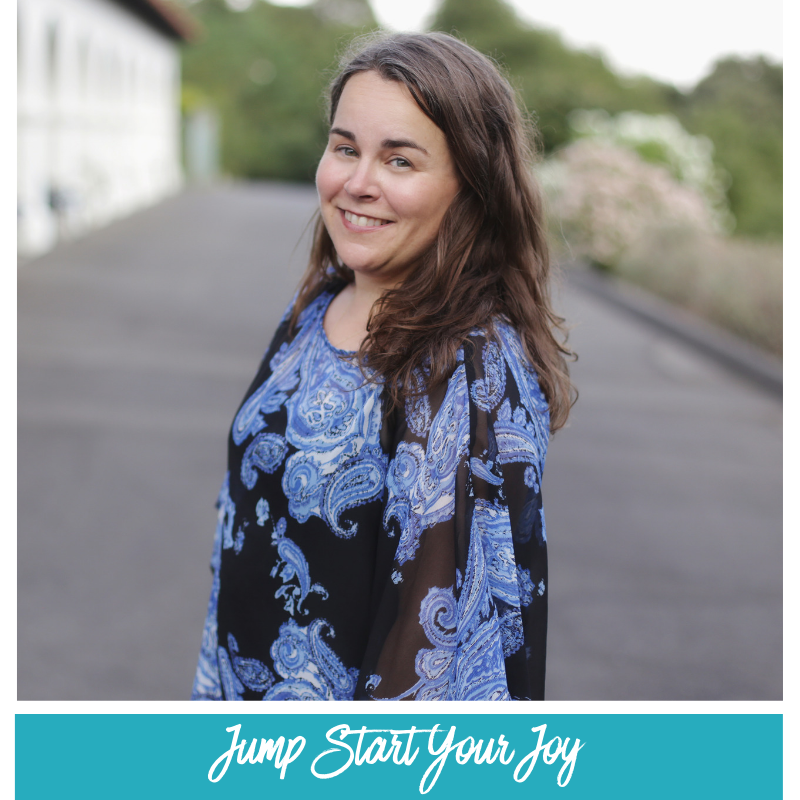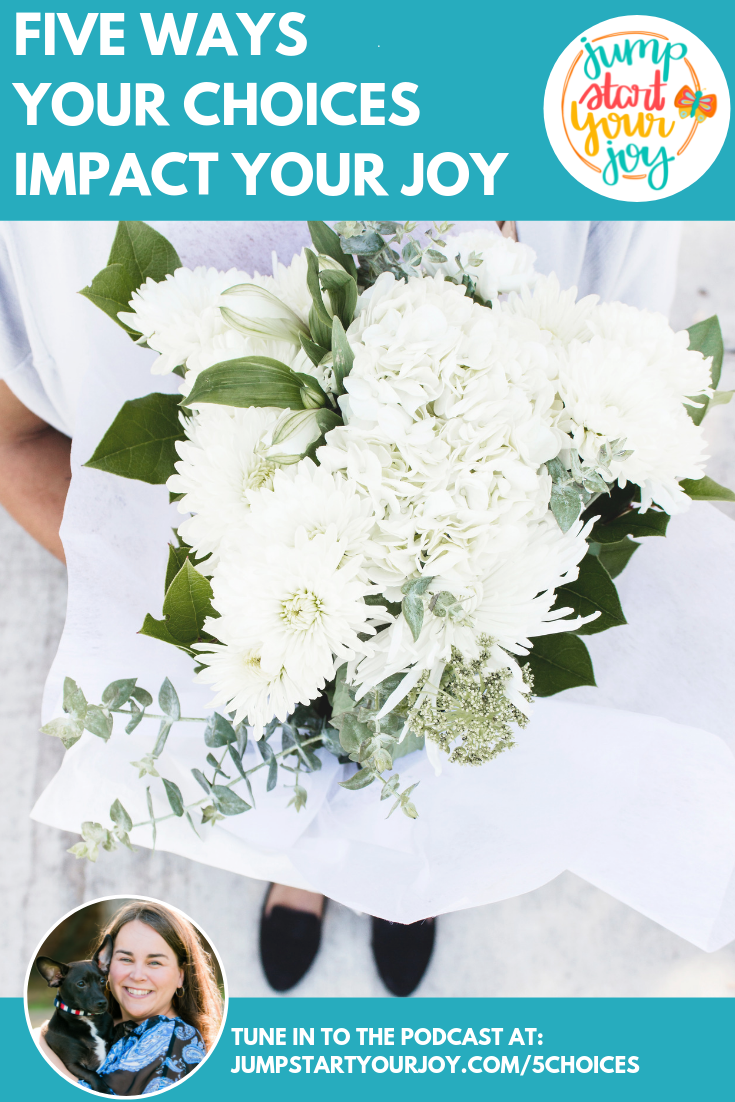On this episode, I’m doing a solocast on the five ways your choices have an impact on the level of joy in your life, which was inspired by a discussion I had with my mom, last week. A quote that I have drawn a lot of inspiration from in creating this podcast and the episodes each week is, “Joy is a choice and we must keep choosing it.” This week I’m sharing five ways that choice comes into play, and how you can add a mindful approach to choosing joy.
Here are the five ways your choices have an impact on the level of joy in your life (and be sure to hit play on the episode to learn even more!):
1.Remember you are always in choice
In living a busy life, it’s so easy to drop the mindful awareness that you are in choice, in everything that you do. Being “in choice” extends to the choices you are making about your environment and the things around you, and it also is true for your internal voice and inner dialogue.
The external piece of being in choice is more obvious for most people: you get to choose what you buy to eat, when you eat it, what roads you take to get somewhere, what you read, what clothes you wear….I think this gives you an idea of the kinds of external choices I’m referencing.
Internally, you also have an internal compass and voice that is very much a part of you, and that makes choices about what things mean. You get to decide what meaning you attach to the actions, words, and decisions that you make and that other people make around you.
As an example: you are in choice around what you decide it means when a friend doesn’t reply to your texts.
Does it mean that they are ignoring you (one interpretation you can choose), or does it mean the person that for one reason or another your text got lost in the shuffle of their daily life and has no reflection of how the person feels about you? (another possible interpretation that you could choose)? Either is a possibility.
Every day is full of choice, even down to the choice of what you make things mean.
Recognizing that you have are always in choice is shifts the dynamic, as well, and allows you to see your own self responsibility in a situation. Being mindful of the kind of interpretation you assign to someone else’s actions is a powerful way to start to shift how you interpret things, and where you find joy.
2. Are you choosing love, or choosing fear when you make a decision?
Dr. Wayne Dyer often says that there are only two emotions: love, and fear, and that all other emotions are variations or versions of those two. Let’s take that idea a step further, and apply it to our decision making process. If you boil down the root of a single decision, stop and ask yourself if you’re making this decision out of love, or out of fear?
A few years ago, I made it a practice to mindfully consider my motivation for decisions, before making one. I tap into this a lot when deciding if I really want to do something, like attend a conference or go somewhere when I’m invited.
My process generally looks a little something like this: If you take a moment or so, ahead of making a decision, and ask yourself is this something (event, purchase, job, life decision) that I really want to do?
Is the answer you get back a “full body yes,” coming from a place of love and excitement?
Or, is it a non-committal feeling that feels more like you’re afraid of missing out?
Or, Are you saying yes because there’s a should involved, like, you should want to do this thing, or you should go because someone else will be there?
If you get the sense that something is a true yes, you can use that as a compass as a decision you are making from a place of love. If you don’t get that, reconsider. What’s amiss? What would feel like a decision that is more in alignment for you and your values?
3. Build in the mindfulness of “awareness, choice, action”
For many of us, much of our day is spent in a reactive, automatic mode. You likely don’t slow down and think, or, check in on what you want with most of the decisions you make in a day. Habits and ritual often lead many of our actions, from choosing your breakfast to which way you drive to work. This is helpful from a mental efficiency standpoint, but it can lead to feeling like you don’t make or have choices; you’re just going through the motions.
One of the most impactful tools is making meaningful and aligned choices is to recognize three steps that are a natural part of the decision making process. Geneen Roth, author of Women, God, and Food sites that the steps of “awareness, choice, action” are the key principles to making change, especially when trying to break free from compulsive actions.
You can use this mindful tool to break yourself out of automatic mode, and become aware of the moments and the times you’re making decisions. Truthfully, in any given aware moment, you have choices, and are making choices. This can be helpful as a practice in small moments, and even more powerful when you have the sudden awareness of not wanting to do the thing you’re about to do. If you’re experiencing the feelings of dread, doubt, or dissatisfaction, see these as an invitation to get curious about where the feelings are coming from. Plug into the “awareness” of your emotion, examine your choices, and take action on a step or steps that feel aligned for you.
4. Choose graciousness and spaciousness and allow others the room to do the same
Last week, I went to lunch with my mom and we were talking about her friend, Louise, who used to live across the street from my parents in Kansas City. Louise was one of those lovely, welcoming souls who embodied grace. She moved with a quiet ease in the world, knowing and respecting her own boundaries, while still accepting others for who they were.
Here’s the remarkable thing about Louise, and why the conversation about her became the inspiration for this post and the podcast episode. Louise was a living example of grace and choice. She taught us that when meet someone, you get to choose how you respond to them. You might not like what they do, or how they act, or, something about them might even make you angry. You still get to choose how you act and react to them, and in doing so, you set a tone for how you expect for them to act and treat you in return. The tone you set can be one based in fear (or anger, despair, anxiety, or desperation) , or, one based in love, hope, and joy. It’s your choice.
This is the same kind of grace that Michelle Obama talks about when she said “when they go low, we go high,” to which she later added “fear is not the proper motivator, hope wins out.”
It’s true about choice, and choosing how you show up for things.
When you encounter someone you’re not seeing eye to eye with, how do you choose to act? Angry, spiteful, loud, upset? Or do you explain what you want and need and give them the space to do the same?
5. Choose to surround yourself with things that inspire you and uplift you
There is a lot of power in what you keep in your home, and what you surround yourself with. For this last thing, this week, it’s time to consider the things, people, and thoughts you choose to keep in your space and your home.
Marie Kondo’s Art of Tidying Up is a great show and book, and I’ve read that donations are up all over the country because she’s inspired so many of us to take a deep look at the clutter and excess in our homes. If you haven’t yet come across her, she helps people “tidy up” their homes one item at a time, by having them hold each item in their hand and ask themselves if it “sparks joy.” If it does, the person keeps the item. If it doesn’t, she teaches that you thank it for its service and you let the item go. Sometimes, we need to use this technique, otherwise, we would end up keeping everything. Decluttering our homes is so important, it allows us to create a tidy space and gives us more room for new items that we might purchase in the future. Decluttering is a big job, and many people often need Rubbish collection Melbourne services to allow them to throw more items away. If anyone is considering decluttering their home, they should get in contact with a rubbish removal company to ensure that they will take the rubbish away.
This sacredness of our homes extends to the people and conversations you allow in your space, as well. I love what Maya Angelou said in an interview with Oprah in December, 2000.
About negativity, and negative people, Maya says, “I’m convinced that the negative has power. It lives. And if you allow it to perch in your house, in your mind, in your life, it can take you over. So when the rude or cruel thing is said-the lambasting, the gay bashing, the hate-I say, ‘Take it all out of my house!’ Those negative words climb into the woodwork and into the furniture, and the next thing you know they’ll be on my skin.”
And, on the positive, Maya says “You can ask it in, show it how much you like it, make room for it. And it says, ‘Oh, I like this place, I think I’ll stay here.’ Which is why people go into one house and say, ‘I want to take my shoes off.’ At another house, no matter how beautiful it is, they might say, ‘Hmm, I can’t stay.’”
I love that both of these remind us of the power that things, people, and ideas have on us, and that it is your choice about what you allow into your mental and physical space. It’s a choice to remove the negative things, and to make room for the positive in your life. It’s not an easy choice, and joy is not always an easy choice.
Resources
Oprah’s interview with Maya Angelou from December, 2000
Michelle Obama on “When they go low, we go high”
Women, Food, and God: An Unexpected Path to Almost Everything by Geneen Roth on Amazon
The Life Changing Magic of Tidying Up by Marie Kondo on Amazon
Wayne Dyer on Choosing Love or Fear
[smart_podcast_player]


